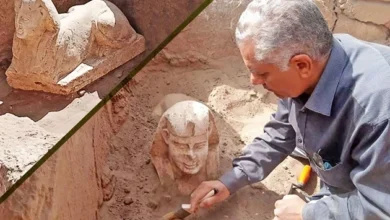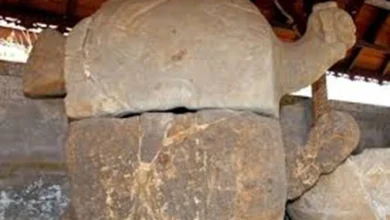Brilliant military leaders forgotten by history
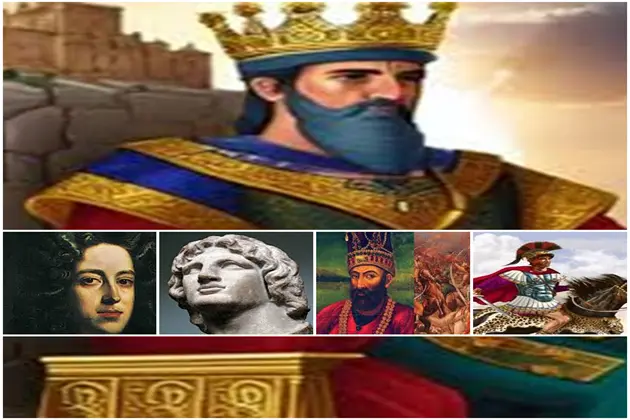
A military leader can become famous in many different ways: ridiculous orders, humorous stories, and epic victories that sometimes change the course of history.
Every country has its heroes and great military leaders; for France, it’s Napoleon; for Russia, it’s Kutuzov or Zhukov. In the United States, they love Robert E. Lee and Douglas MacArthur.
However, there are names that are undoubtedly great but have been ousted from the broader history for various reasons. These are the ones we’re going to remember today.
5 brilliant military leaders forgotten by history
1. David IV, The Builder
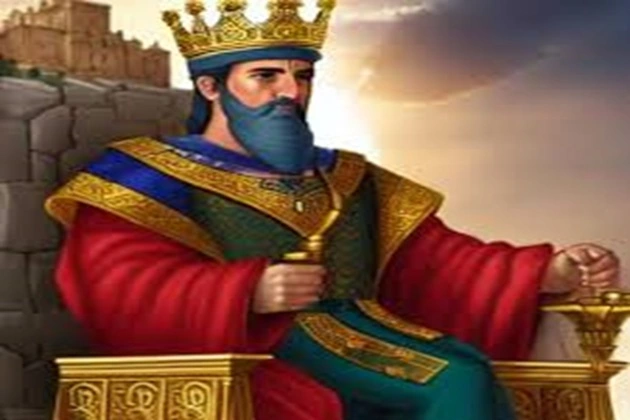
Georgia has traditionally been invaded by invaders every few years. Some succeeded, others failed and withdrew, only to try again later. Regardless, the Georgians themselves remained steadfast, ready to defend their land.
At some point, resilience was rewarded, and in 1089, Georgia’s Golden Age began, and it became one of the most powerful states in the region.
David IV, known as the “Builder,” refused to pay tribute to the Seljuk Sultanate. “We need it ourselves, we can’t share it,” he said. With a rather small army, David realized that he could not resist a full-scale invasion.
So he invited 40,000 families of Kipchak Polovtsians to Georgia, giving them land to live and work on. In addition to the additional labor force, David received many new people who would defend their homes together with the rest of the Georgians.
In 1121, the unexpected happened: the Seljuks declared a holy war on Georgia. Their army numbered between 100,000 and 250,000 men, nothing like David the Builder had, even considering the invited nations.
Before the battle began, David IV ordered his best cavalrymen to march out to the Seljuq’s headquarters and pretend that they were going to betray Georgia.
The stratagem worked, and the Turks, who had lost their guard, faced a surprise attack. King David IV lost three horses during the battle but survived and emerged victorious.
2. Duke of Marlborough

Captured in 1692, the Duke of Marlborough found himself in a London prison, suspected of plotting against the crown—a serious accusation with the harshest of consequences. However, the Duke was soon acquitted, believing the charges to be false. However, the residue remained, and King William of Orange would not trust his commander for the rest of his life.
Marlborough’s finest hour had come when the War of the Spanish Succession broke out. It seemed that the French King Louis XIV was ready to take over the whole of Europe. The Duke of Marlborough was put in command of the English forces, which consisted of a broad coalition.
Somehow, Marlborough managed to gather the Dutch, Prussians, Austrians, Savoyards, and English into a fist capable of destroying French plans. In one battle at Blenheim, some 20,000 of Louis XIV’s soldiers died.
An unimaginable figure by the standards of warfare in those days. Two more major battles followed, during which the French lost an additional 10,000 to 15,000 men. Their awe-inspiring army was literally becoming incapable of fighting. The series of victories would continue until 1709 when France pacified its pretensions. This would pave the way for British dominance on the world stage for the next two centuries.
3. Epaminondas
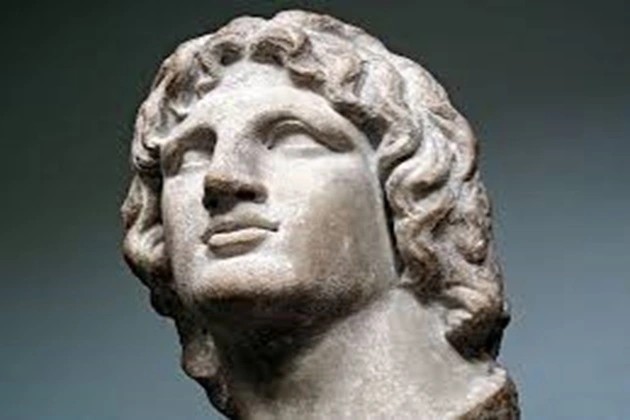
Thanks to the epic 300 Spartans, the whole world knows about their valor, strength, and special manners, but why did they not become a dominant force, at least in Greece itself? Epaminondas, a general from the city of Thebes, put an end to their ambitions. For many years Thebes had remained in the shadow of Athens and Sparta, but the Battle of Leuctrae changed everything.
Instead of spreading his troops evenly, Epaminondas formed a preponderance of 50 ranks of penned men deep on his left flank. His best warriors converged with the Spartans and tried to wear them down by observing a rapid rotation through the battle.
As the Spartans fell back, the giant left flank of the Thebans slammed into their weakened order. It was a deafening defeat, and the entire Spartan army collapsed after the flanks. They could no longer keep the battle order, chaotically retreating or taking the last battle.
This defeat shook the foundations of Spartan society, where being a warrior was considered a privilege. Only the strongest and most honorable were recruited into the army, and there were some Thebans.
Epaminondas invaded Sparta four times and was defeated each time. At the last battle of Mantinea, Thebes was confronted by Sparta and Athens. Their strategy was to kill Epaminondas at any cost, and the plan worked.
However, the Thebans completed what they had started without their commander. Sparta’s army was almost completely destroyed, and Greece was thus exsanguinated and open to invasion by Philip, the king of Macedonia.
4. Nadir Shah Afshar
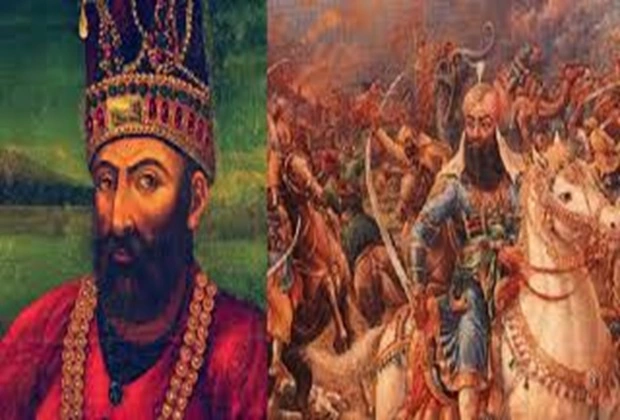
In the eighteenth century, the territory of modern Iran was torn by endless conflicts. The once mighty Safavid Empire had collapsed, and now petty warlords and chieftains fought over inheritance. Nadir Shah grew up in an atmosphere of total lawlessness.
As a ten-year-old child, he was captured by slave traders, and after his escape, he wandered in different counties, joining roving brigands. We would never have heard of this man, for his fate seemed sealed, but that would soon change.
As he grew up, Nadir Shah Afshar gained a position in the gang, attracting more and more people to his side. Anarchy bored many, and people willingly joined the new leader, who perfectly understood their problems because he grew up in the same conditions.
The rapid ascent began in 1729 when Nadira asked the deposed Shah Tahmasban for help. Having destroyed the invading Afghans with his forces, Nadir gained even more support. Next, leading a real army, he would defeat the Ottoman Empire, conquering the territories of present-day Armenia and Georgia.
At some point, his power and popularity surpassed Tahmasban’s capabilities. That’s when Nadir Shah, the new ruler of Persia, appeared. A year later, the general led his troops to the Mughal possessions in India. Delhi fell, and there was so much booty that a separate palace had to be built.
At the end of his life, Nadir Shah Afshar became suspicious and perhaps had paranoid tendencies. He blinded his own son, suspecting him to be a conspirator. The state treasury emptied because the ruler did not want to do anything but war. His guards eventually slaughtered him.
5. Pyrrhus of Epirus
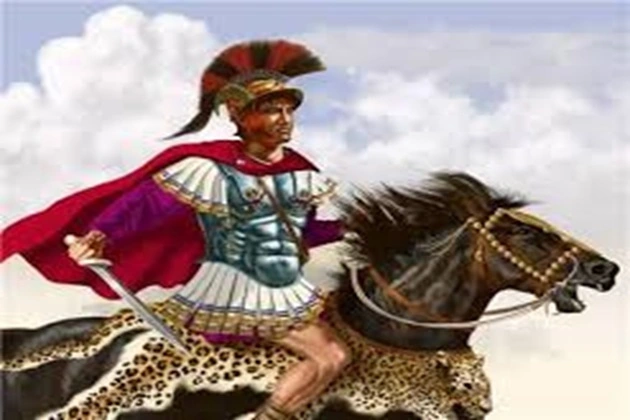
Of course, we know Pyrrhus, but mostly because of the winged phrase “Pyrrhic victory,” which means success achieved at a cost that is too high. Meanwhile, Pyrrhus was indeed an outstanding military leader. Hannibal Barca placed him in second place, just behind Alexander the Great.
After becoming king of Epirus at 12, Pyrrhus began political and military games in which people and whole cities acted instead of figures. During a brief overthrow, he found himself in Syria, where he fought as a common mercenary. Returning to the throne, Pyrrhus conquered neighboring Macedonia, although he was soon forced to retreat.
In 281 BC, the Italian city of Tarentum called on Pyrrhus for help against the invading Romans. The warlike king reacted in his own fashion. He left the affairs of the state and sailed across the Adriatic Sea with an army of 25,000.
After several skirmishes with the Romans, the inhabitants of Tarenta realized that by helping them, Pyrrhus was gradually seizing power, but they could do nothing with such an army. The Roman Republic sent more and more legions, and Pyrrhus of Epirus was defeated.
Having won three victories, he would finally utter his legendary phrase. The commander foresaw subsequent, even bloodier wars leaving Italy: “What a battlefield I leave for Carthage and Rome.” Further, there would be new campaigns in Macedonia and Greece; one day, Pyrrhus would attack Sparta. However, another characteristic of the warlord king was that he never finished what he started.

